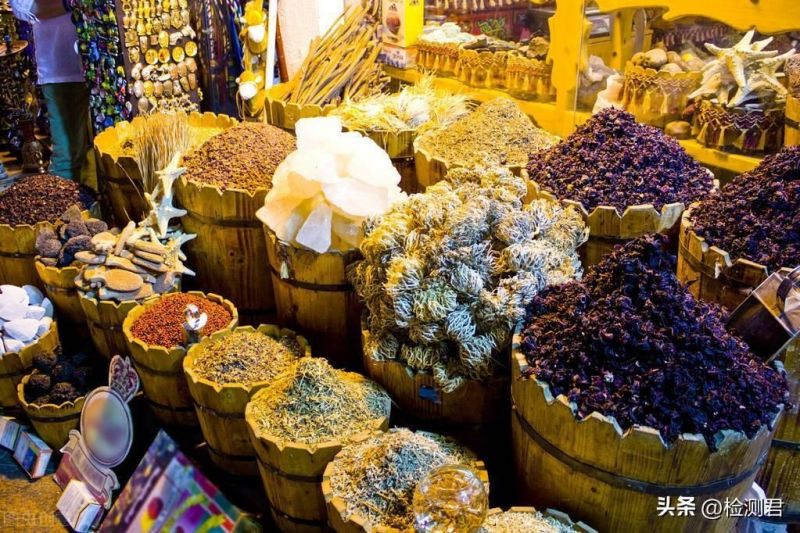In order to open up new foreign trade markets, we are like high-spirited knights, wearing armor, opening mountains and building bridges in the face of water. The developed customers have footprints in many countries. Let me share with you the analysis of African market development.
01 South Africa is full of unlimited business opportunities
At present, the national economic environment of South Africa is in a period of major adjustment and shift. Every industry is facing the rapid change of giants. The entire South African market is full of huge opportunities and challenges. There are market gaps everywhere, and every consumer area is waiting to be seize.
Facing the 54 million and rapidly growing middle class and young consumer market in South Africa and the growing consumer desire in Africa with a population of 1 billion, it is a golden opportunity for Chinese companies that are determined to expand the market.
As one of the “BRICS” countries, South Africa has become the preferred export market for many countries!
02 Huge market potential in South Africa
South Africa, Africa’s largest economy and gateway to 250 million sub-Saharan consumers. As a natural harbor, South Africa is also a convenient gateway to other sub-Saharan African countries as well as North African countries.
From the data of each continent, 43.4% of South Africa’s total imports come from Asian countries, European trading partners contributed 32.6% of South Africa’s total imports, imports from other African countries accounted for 10.7%, and North America accounted for 7.9% of South Africa’s imports
With a population of about 54.3 million, South Africa’s imports totaled $74.7 billion in the previous year, equivalent to an annual product demand of about $1,400 per person in the country.
03 Market Analysis of Imported Products in South Africa
South Africa is in a stage of rapid development, and the raw materials required in the development process need to be met urgently. We have compiled several South African market demand industries for you to choose from:
1. Electromechanical industry
Mechanical and electrical products are the main commodities exported by China to South Africa, and South Africa has chosen to import mechanical and electrical equipment and facilities produced in China for many years. South Africa maintains a high demand for Chinese-made electromechanical equipment products.
Suggestions: machining equipment, automated production lines, industrial robots, mining machinery and other products
2. Textile industry
South Africa has a strong demand for textile and clothing products. In 2017, the import value of South Africa’s textiles and raw materials reached 3.121 billion US dollars, accounting for 6.8% of South Africa’s total imports. The main imported commodities include textile products, leather products, down products, etc.
In addition, South Africa has a huge demand for ready-to-wear clothing in winter and summer, but the local textile industry is limited by technology and production capacity, and can only meet about 60% of the market demand, such as jackets, cotton underwear, underwear, sportswear and other popular Commodities, so a large number of overseas textile and clothing products are imported every year.
Suggestions: textile yarns, fabrics, finished garments
3. Food processing industry
South Africa is a major food producer and trader. According to the United Nations Commodity Trade Database, South Africa’s food trade reached US$15.42 billion in 2017, an increase of 9.7% over 2016 (US$14.06 billion).
With the increase of South Africa’s population and the continuous growth of the domestic middle-income population, the local market has higher and higher requirements for food, and the demand for packaged food has also increased sharply, mainly reflected in “dairy products, baked goods, puffed food” , confectionery, condiments and condiments, fruit and vegetable products and processed meat products”.
Suggestions: food raw materials, food processing machinery, packaging machinery, packaging materials
4. Plastic industry
South Africa is one of the most developed countries in the plastics industry in Africa. At present, there are more than 2,000 local plastics processing enterprises.
However, due to the limitation of production capacity and types, a large number of plastic products are still imported every year to meet the consumption of the local market. In fact, South Africa is still a net importer of plastics. In 2017, South Africa’s imports of plastics and their products reached US$2.48 billion, a year-on-year increase of 10.2%.
Suggestions: all kinds of plastic products (packaging, building materials, etc.), plastic granules, plastic processing machinery and molds
5. Automobile manufacturing
The automotive industry is the third largest industry in South Africa after mining and financial services, generating 7.2% of the country’s GDP and providing employment to 290,000 people. The South African automotive industry has become an important production base for international manufacturers facing the local and global markets.
Suggestion: Auto and motorcycle accessories
04 South African market development strategy
Know your South African customers
Social etiquette in South Africa can be summarized as “black and white”, “mainly British”. The so-called “black and white” refers to: restricted by race, religion, and customs, blacks and whites in South Africa follow different social etiquette; British-based means: in a very long historical period, whites took control of South Africa’s political power. The social etiquette of white people, especially the British-style social interests, is widely popular in South African society.
When doing business with South Africans, pay attention to the particularities of important trade and investment regulations and policies. South Africa has relatively low requirements for product quality, certification, and customs, and it is relatively easy to operate.
How to find your customers
However, in addition to online customer acquisition, you can find your customers offline through various industry exhibitions. The form of offline exhibitions may take a certain amount of time to reach. No matter how you develop customers, the most important thing is to be efficient, and I hope everyone can seize the market as quickly as possible.
South Africa is full of unlimited business opportunities.
Post time: Aug-11-2022






